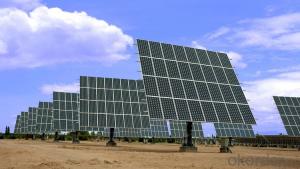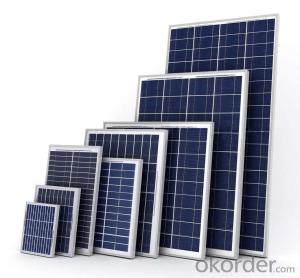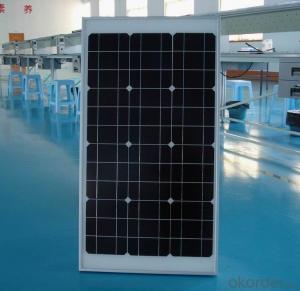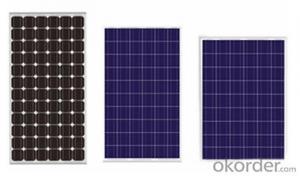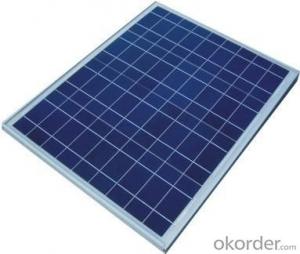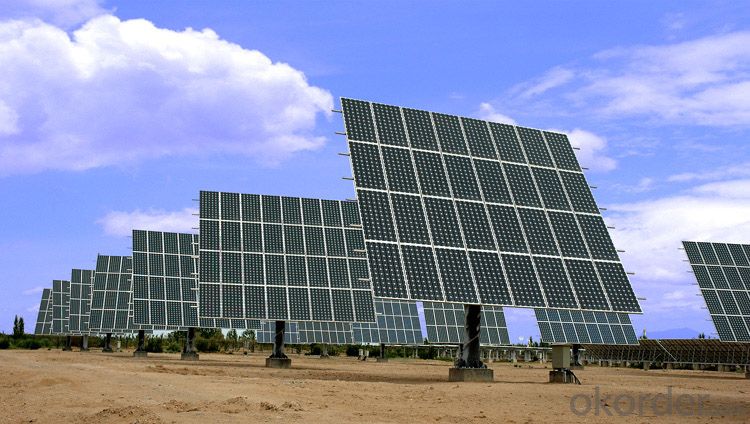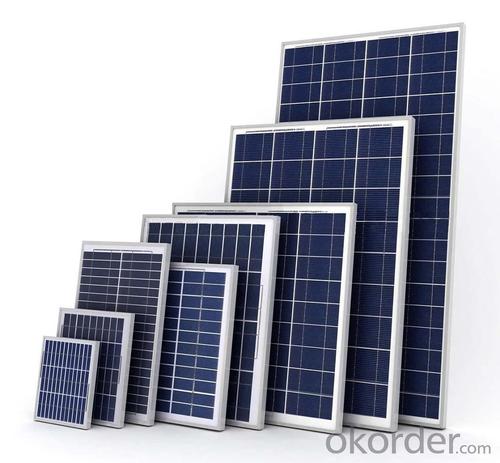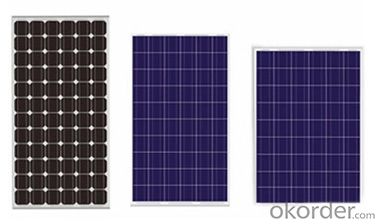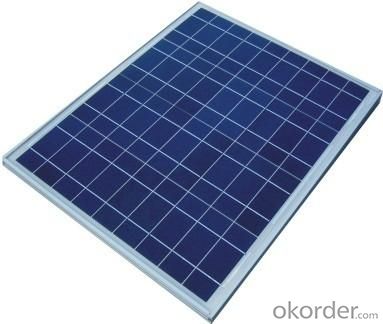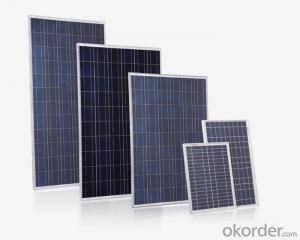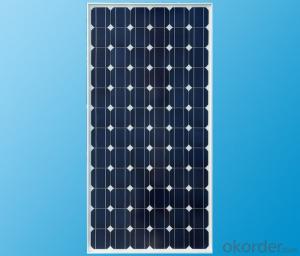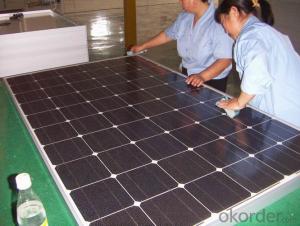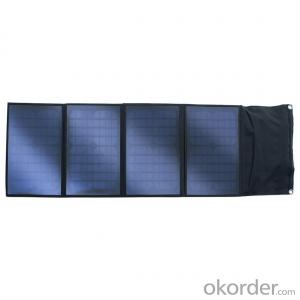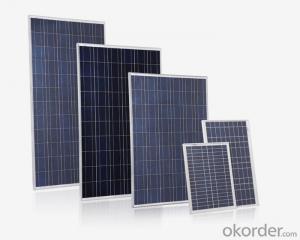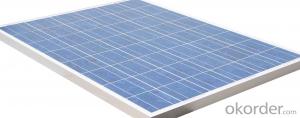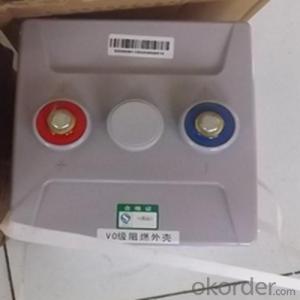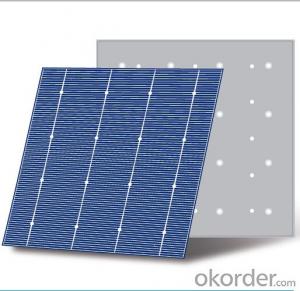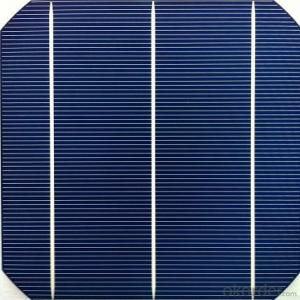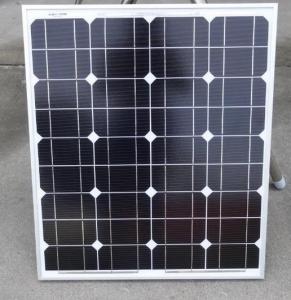Nanotech Solar Cells Favorites Compare 100W Folding Solar Panel for DC12V Solar System
- Loading Port:
- China Main Port
- Payment Terms:
- TT OR LC
- Min Order Qty:
- -
- Supply Capability:
- 10000000000000 watt/month
OKorder Service Pledge
Quality Product, Order Online Tracking, Timely Delivery
OKorder Financial Service
Credit Rating, Credit Services, Credit Purchasing
You Might Also Like
Quick Details
| Place of Origin: | Guangdong China (Mainland) | Brand Name: | sunshine | Model Number: | sy-280p |
| Material: | Polycrystalline Silicon | Size: | 1960*980*40mm | Number of Cells: | 72PCS |
| Max. Power: | 280W | VOC: | 36V |
Packaging & Delivery
| Packaging Detail: | Crate |
| Delivery Detail: | 30 |
Specifications
1, A grade solar cell
2,Life of 20-35 years
3,Super quality competitve price
4,International Standard

solar panels 280W poly Specification
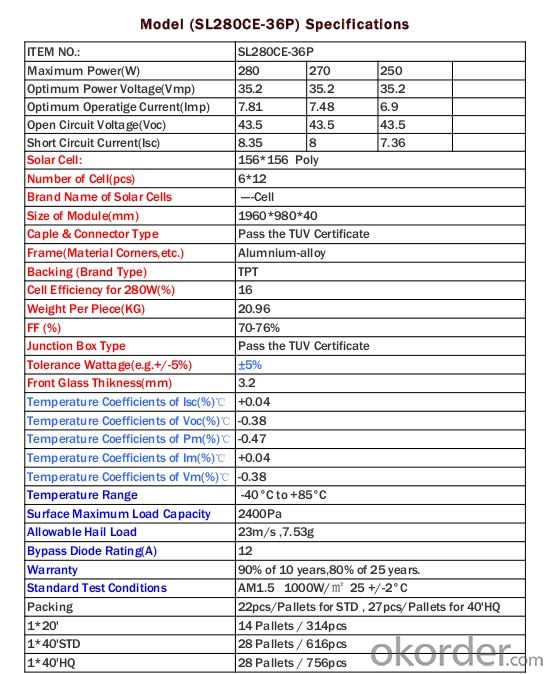
- Q: What is a monocrystalline Silicon Solar Cells?
- Monocrystalline photovoltaic electric solar energy panels have been the go-to choice for many years. They are among the oldest, most efficient and most dependable ways to produce electricity from the sun.
- Q: Can solar cells be used in aircraft applications?
- Yes, solar cells can be used in aircraft applications. Solar cells have been integrated into various aircraft designs, including drones and solar-powered airplanes. They are used to capture sunlight and convert it into electricity, which can be used to power the aircraft's electrical systems or recharge its batteries. Solar cells offer a renewable and sustainable source of energy, reducing the reliance on traditional fossil fuels and making aircraft more environmentally friendly.
- Q: What is the payback period for solar cells?
- The payback period for solar cells refers to the time it takes for the cost of installing solar panels to be recouped through energy savings. It typically ranges from 5 to 15 years, depending on factors such as the initial cost of installation, electricity usage, and available incentives or tax credits.
- Q: Can solar cells be used in military vehicles or equipment?
- Yes, solar cells can be used in military vehicles or equipment. Solar power is a viable and sustainable energy source that can be harnessed to reduce reliance on traditional fuel sources and improve operational efficiency in military operations. Solar cells can be integrated into various military applications, including powering communication systems, surveillance equipment, and even electric vehicles, to enhance their capabilities and reduce their environmental impact.
- Q: What is the impact of solar cell installations on local economies?
- The impact of solar cell installations on local economies is generally positive. These installations create jobs, both in the manufacturing and installation sectors. They also attract investments and stimulate economic growth by reducing energy costs for businesses and households. Additionally, solar installations contribute to reducing greenhouse gas emissions, improving air quality, and promoting sustainable development in the long run.
- Q: How are solar cells manufactured?
- Solar cells are manufactured through a process that involves several steps. First, raw materials such as silicon, which is the main component of solar cells, are purified and shaped into cylindrical ingots. These ingots are then sliced into thin wafers. Next, the wafers are treated with various chemicals to create a p-n junction, which is essential for the conversion of sunlight into electricity. This involves applying a layer of phosphorus to one side of the wafer, which creates the n-type layer, and a layer of boron to the other side, creating the p-type layer. Afterwards, the wafers are coated with an anti-reflective material to increase their efficiency in capturing sunlight. Metal contacts are then added to both sides of the wafer to collect the generated electricity. Finally, the wafers are assembled into modules or panels, where they are protected with a glass cover and encapsulated with a weather-resistant backsheet. These modules are then tested for quality assurance before they are ready for installation and use in solar energy systems.
- Q: How do solar cells affect the value of a property?
- Solar cells can positively affect the value of a property by reducing energy costs, generating income through net metering or feed-in tariffs, and increasing its overall sustainability and appeal to potential buyers.
- Q: Can the solar powered cells really work better than the normal cells?
- Yes, it does work much better than the normal cells, but the solar powered cells also has its disadvanges.
- Q: Can solar cells be used for powering desalination plants?
- Yes, solar cells can be used for powering desalination plants. Solar energy can be converted into electricity through solar cells, which can then be used to power the various processes involved in desalination, such as pumping water, filtering, and removing salt. This renewable energy source offers a sustainable and environmentally friendly solution for powering desalination plants, reducing the reliance on fossil fuels and minimizing carbon emissions.
- Q: Can solar cells be used to power cars?
- Yes, solar cells can be used to power cars. Solar-powered cars utilize photovoltaic technology to convert sunlight into electricity, which is then used to power the vehicle's electric motor. While solar-powered cars are still in the early stages of development and face challenges such as limited energy storage and efficiency, advancements in solar technology hold promise for their future use in powering cars.
Send your message to us
Nanotech Solar Cells Favorites Compare 100W Folding Solar Panel for DC12V Solar System
- Loading Port:
- China Main Port
- Payment Terms:
- TT OR LC
- Min Order Qty:
- -
- Supply Capability:
- 10000000000000 watt/month
OKorder Service Pledge
Quality Product, Order Online Tracking, Timely Delivery
OKorder Financial Service
Credit Rating, Credit Services, Credit Purchasing
Similar products
Hot products
Hot Searches
Related keywords
